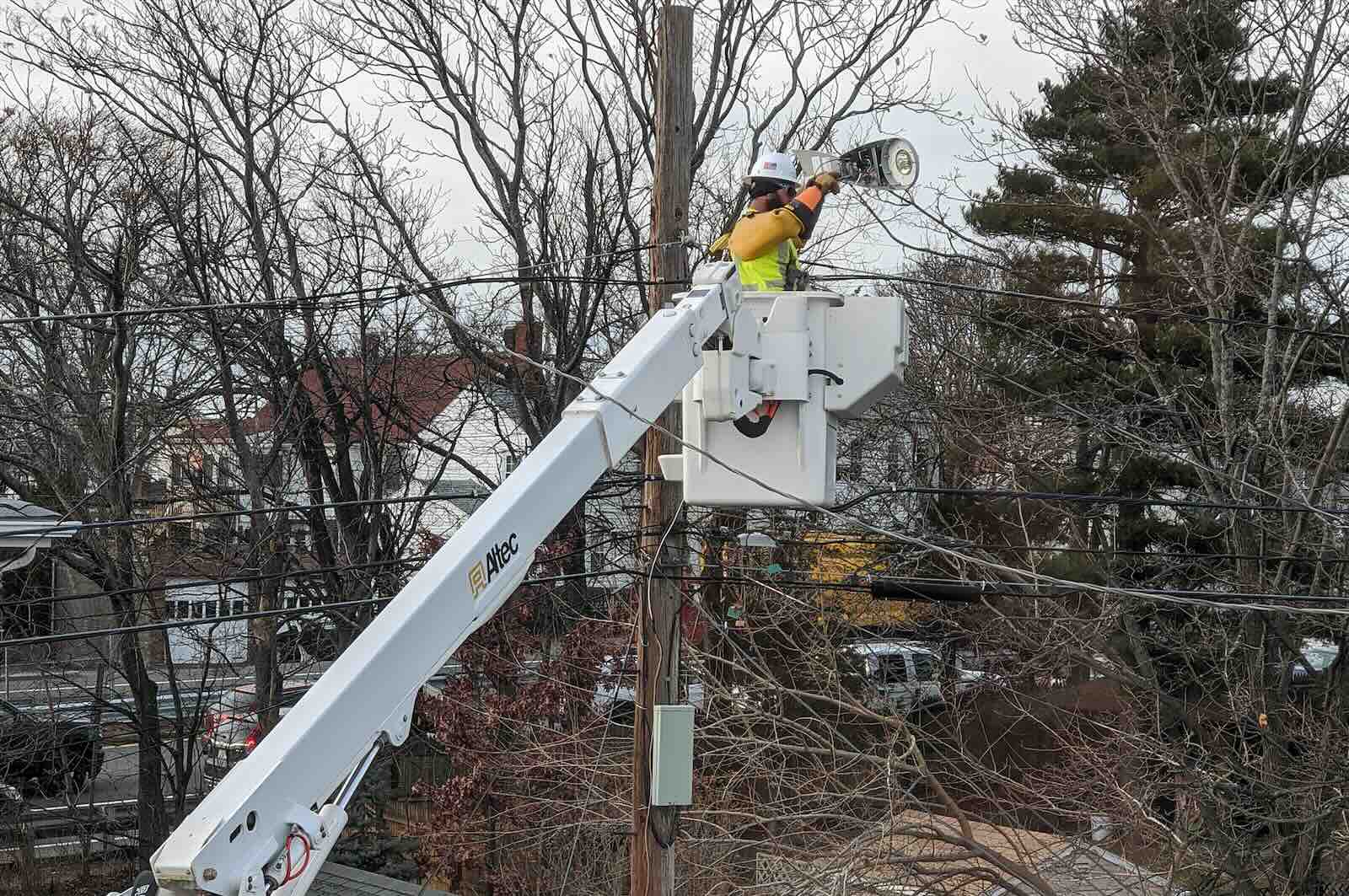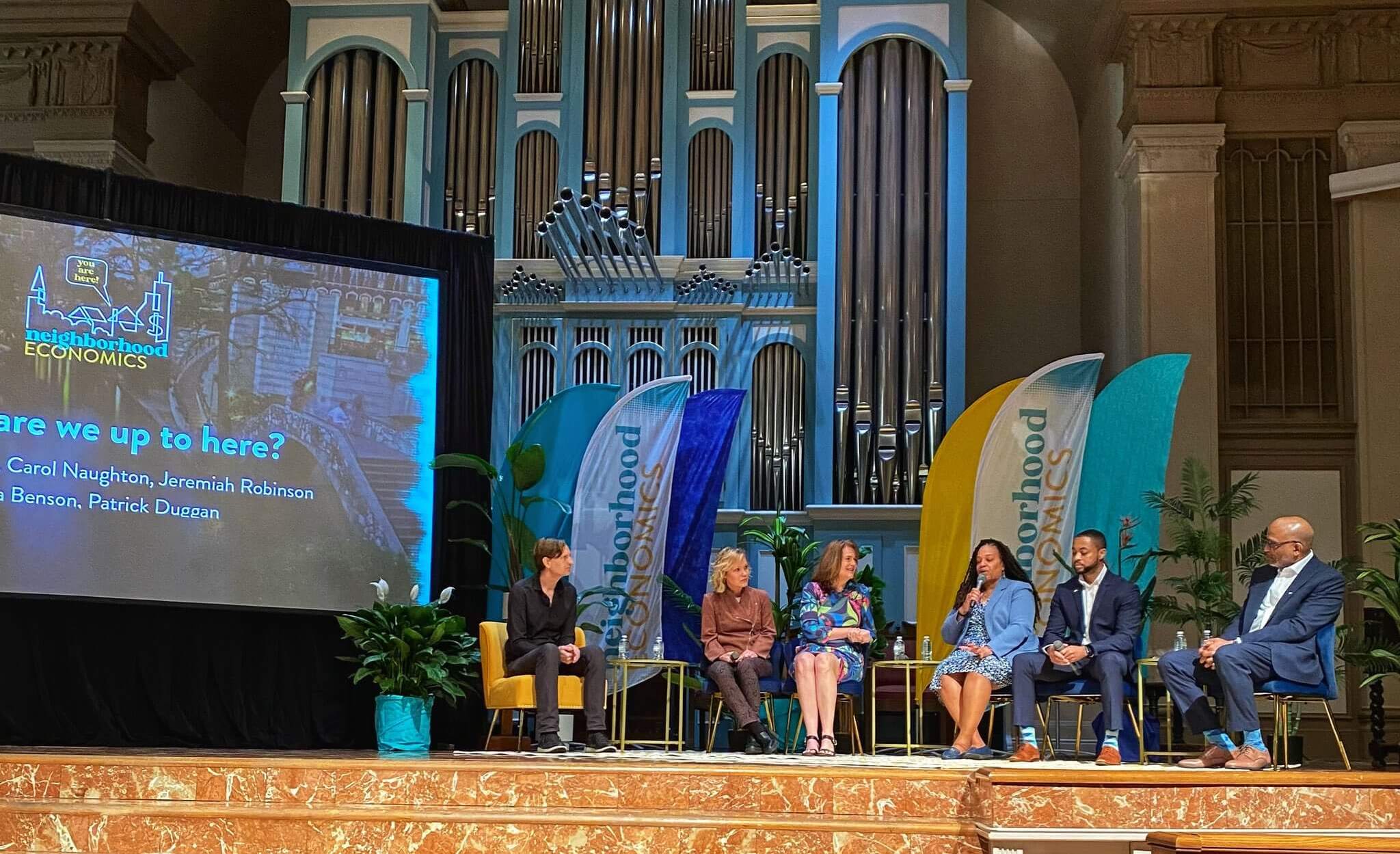Net zero pledges such as the one announced by the Glasgow Financial Alliance for Net Zero (GFANZ) during COP26’s Finance Day have left faith-based and socially responsible bank customers with a conundrum – how to reconcile their interest in sustainable banks with the knowledge that many of the banking services they need are handled only by large, traditional banks, and that these banks may or may not be acting on the various pledges being made.
While the progress that many large banks are making can be monitored via organizations such as the Rainforest Action Network’s Banking on Climate Chaos, the starting point for many faith-value investors is to identify sustainable banks that can be used for a least a portion of their banking business, and from there to consider how to take steps toward improving the sustainability of larger banks that offer a broader range of services.
Identifying sustainable banks
As a membership organization, FaithInvest creates opportunities for dialogue among members on a range of values-based investing issues, including sustainable banking. This has led to the development of our report, The State of Sustainable Banking, in which we suggest ways to identify sustainable banks. These banks typically exhibit distinctive traits, such as those listed below.
Values-profitability. This refers to several types of behaviour. Crucially, it means the bank should fund activities with social and environmental added value (impact). It also means avoiding financing proscribed enterprises, and often covers themes related to human rights. Social profitability also involves financial inclusion: a sustainable bank should ensure its services are available to traditionally underserved communities.
A growing number of banks are setting aside a portion of their assets for socially beneficial activities. Because some of these banks are very large, they can commit substantial resources to this effort. At the same time, studies show that many of these banks continue to fund activities that some socially responsible investors find objectionable.
Transparency. Sustainable banks are expected to be transparent in their operations, particularly as regards their loan portfolio. Transparency allows clients to ensure that their bank is providing funding consistent with their values and any stated sustainable guidelines. Further, some sustainable banks allow depositors to guide and restrict the uses of their funds on deposit.
Faith-specific considerations. Some banks serve specific faiths. For example, Islamic banks offer services that comply with the tenets of Islam including the prohibition on paying interest. The Vatican’s bank, The Institute of Religious Works, provides banking services for some Catholic organisations.
Sustainable Banks, identified by their membership in standard setting organizations like Global Alliance for Banking on Values, tend to emphasize “values profitability” and more traditional impact investing metrics, with additional related transparency and reporting on their operations and loan portfolios.
Advocacy as customers
Back to the conundrum: because sustainable banks may not offer all the services some asset owners need, many values-based investors will continue to do business with traditional banks. More effectively keeping tabs on the efforts of such banks to make good on their various pledges is a next challenge from COP26, but values investors can bring their own influence to bear in “real time” to promote and track sustainability at these banks through traditional shareholder advocacy and increasingly via customer advocacy.
Asset owners have two forms of advocacy – as shareholders and as customers. Shareholder advocacy is a well-established way to promote sustainable banking practices based on the idea that the owners, or shareholders, of a company can influence its behavior in many ways, including how it generates profits as well as sustainability.
There are organizations whose purpose is to influence the behavior of companies in which their members are shareholders. While each member of the organization may hold only a small number of shares, collectively they may represent a fraction of the company that is large enough to get the attention of management.
An example of one such organization that is highly relevant to faith asset owners is the Interfaith Center on Corporate Responsibility, ICCR. ICCR provides a forum for its members to share views and coordinate interactions with companies with the goal of changing corporate behavior so that it more closely aligns with their values. This is a very active organization with many member resolutions posted for 2022.
However, advocacy from a customer perspective is a more recent phenomenon, and a very timely one, given the reality that some banks with services not yet available elsewhere may or may not be acting sufficiently on their pledges. Customer advocacy means raising issues of prime importance to the attention of senior managers at the bank from the position as a customer of the bank.
Unlike shareholders, customers have no legal or formal say in the governance of the bank, rather, they may be able to influence the bank through their impact on the bank’s business, profitability and reputation. When enough customers start asking for the same thing, the bank may be compelled to respond – it is plausible that if a critical mass of bank customers advocates for, say, net-zero carbon intensity of the loan portfolio, banks will feel pressure to comply, as those customers can take their business to banks that are more responsive.
There are organizations, such as BankFWD, that can help customers focus their advocacy efforts with banks and generate critical mass. Faith-based organizations can multiply their advocacy efforts by encouraging business leaders within their congregations who share their values to make similar requests of their banks.
The bottom line: sustainable banking offers the opportunity for values-based asset owners to more fully align their financial activities with their values. For more on this topic, see FaithInvest’s report, The State of Sustainable Banking.
Mathew Jensen supports FaithInvest’s membership team on member engagement. FaithInvest is a UK-based international NGO founded to empower faith groups to invest in line with their values and grow the scale and impact of faith-consistent investing.












